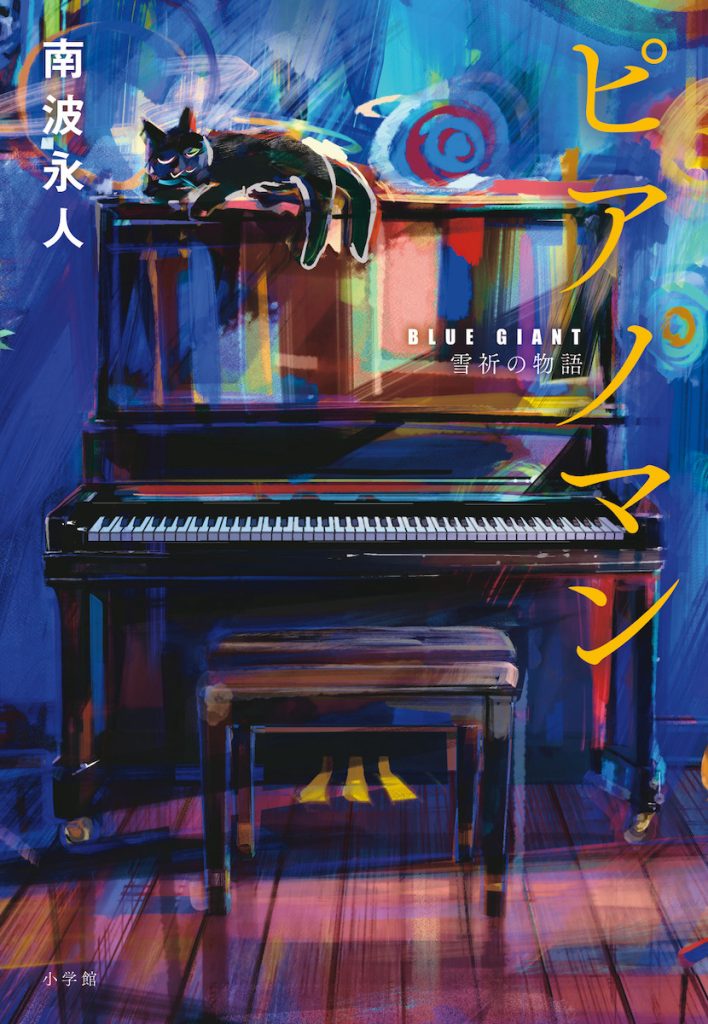
Shinichi Ishizuka’s popular jazz manga BLUE GIANT, which was serialized in Shogakukan’s semi-monthly manga magazine Big Comic from 2013 to 2016, has been adapted into an anime film and became an exceptionally long hit. NUMBER 8 (he wrote the novel under the name Eito Namba) has been working as an editor and story director with manga artist Ishizuka to create the manga story. In addition, he wrote the script for the movie and published the novel Piano Man, which depicts the life of the character Yukinori, in conjunction with the movie adaptation. We interviewed the key person behind BLUE GIANT, who creates not only the manga and the movie but also the novel, about his thoughts on the movie, the reason for writing his first novel, and the charms of the character, Yukinori.
I wanted to write the script because I was confident in my level of understanding of the work.
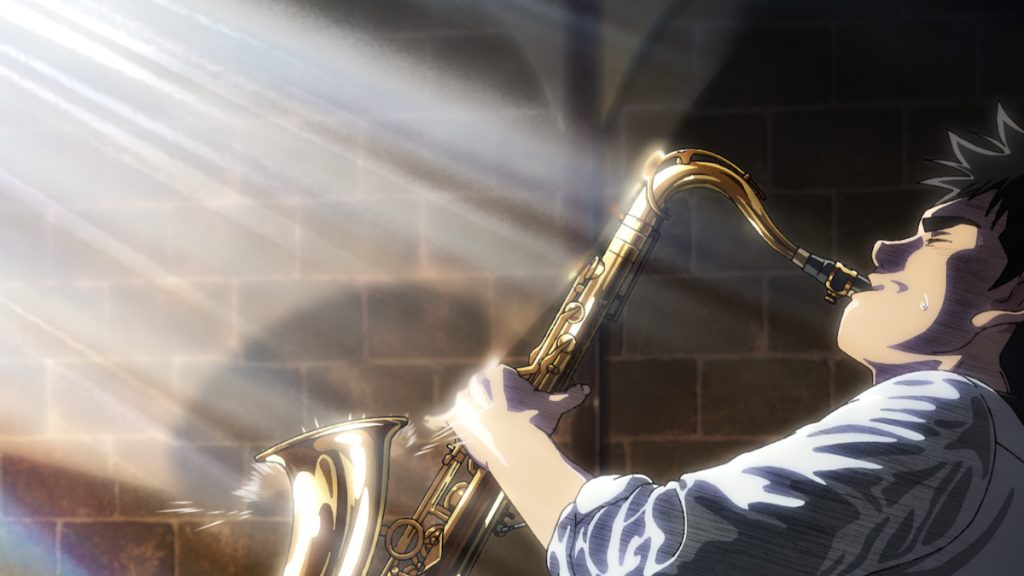
── You served as editor and story director for “BLUE GIANT” and wrote the screenplay for this film adaptation. I saw the movie too, and I couldn’t stop crying towards the end.
Eito Namba (Namba): Thank you very much. I am delighted to hear from those who have never heard of jazz music that they were so moved by it that they went to the theater many times.
── As in this film, you and Ishizuka-san have worked together in the past. How did you come to be in charge of the screenplay for this film?
Namba: It was a kind of due to pure motivation. As I worked with Ishizuka-san on the story, I had a relatively high level of understanding of this work, so I had always wanted to be in charge of the script if it were to be made into a movie. It was also decided that Hiromi Uehara would be in charge of all the music, and since I had been in contact with both Ishizuka-san and Hiromi-san, I asked the director if he would allow me to write the script. Fortunately, I was put in charge thanks partly to Ishizuka-san’s support.
── I suppose there were some differences in your experience between making a manga and the script for a movie. What was it like to actually be involved in script writing?
Namba: I usually write original stories for manga works, but the way the story was put together for this movie was unique and fun. In the movie, some live scenes constitute essential factors, and the film’s storyline is different from that of the manga in that characters are heightening their sentiments in a process towards the shows. Of course, it wasn’t easy, as we had to make many adjustments to the script by incorporating the opinions of the director and producers. Still, in the end, the film became a pretty emotional work even for me.
“We all project our teenage selves onto Yukinori”; Depicting the depth of the characters that was not visible in the manga or the movie.
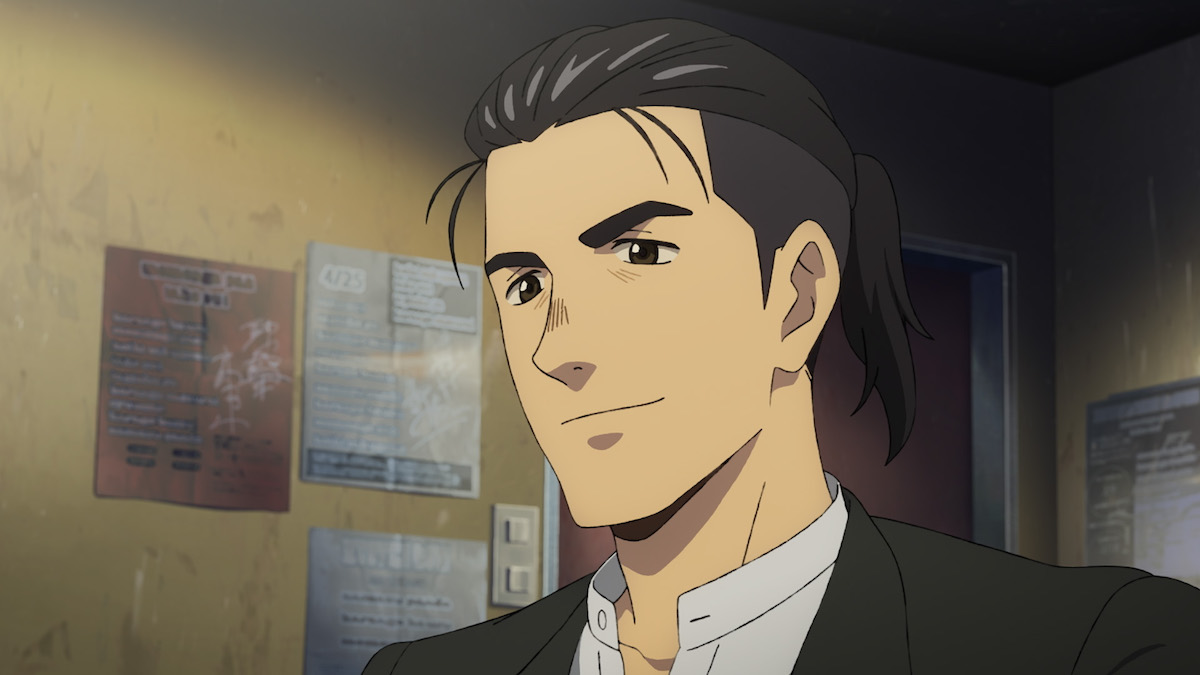
──Along with the film adaptation, you also wrote the novel Piano Man, which describes the life of the character Yukinori. What prompted you to write a novel in addition to the screenplay?
Namba: When the movie BLUE GIANT‘s release date was decided, the publisher asked me if I would like to publish a novel version of the work. Generally, a novelized version is released in a paperback edition in conjunction with the release of a movie. However, in the case of BLUE GIANT, a novelization of the film as it is would not be a good fit. I had seen the spectacular recording sessions by Hiromi and the rest of the music team, and I knew how hard the anime production team worked, so I thought that if I were going to write a novel, I wanted to write something as “sturdy” as theirs.
──Did you feel anxious about writing a novel for the first time?
Namba: Of course, I was anxious about whether I could write something as “sturdy” as a novel because a novel is entirely different from an original story for a manga or a screenplay. Therefore, I then wrote about 50 pages of the first part of the story and asked a novel editor, who seemed most unlikely to have a flattering word for it, to read it. Then, I got beaten up to a pulp (laughs). But that editor told me that there were some good points, so I asked him to bear with me just a little longer. Anyway, after that, I put all my effort into every single sentence. Finally, when I had written more than half of the book, he said it would be possible to publish it.
── The main character in Piano Man is not Dai, the main character in the manga and the movie, but the pianist Yukinori. Why did you focus on him in this work?
Namba: Initially, I intended to write a story about a trio. However, my editor advised me to deepen the perspective of one of them because if I switched the perspectives of the three, the reader would have difficulty in following the story. If I were to write the story from the point of view of Yukinori, I would have to dive deeper into his personality, which I think would make this story “sturdy.” So I decided to give it a try.
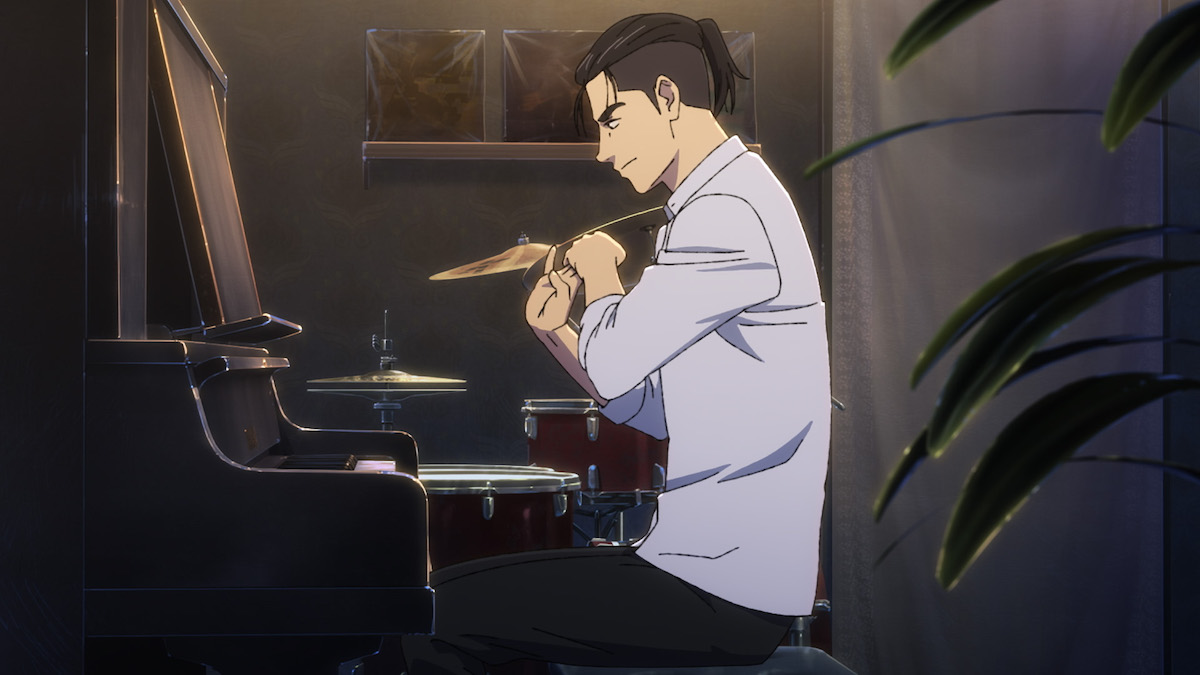
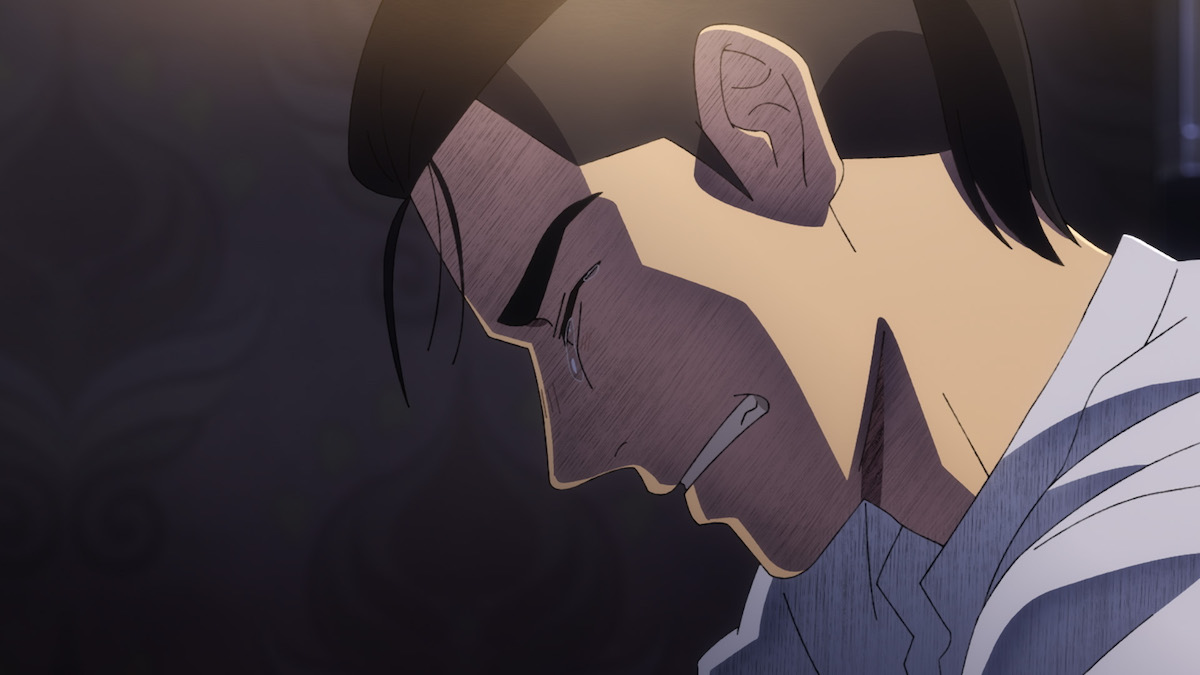
── It is true that in both the manga and the movie, we see Yukinori overcoming his suffering, and I had the impression that he was like a second main character, constituting an essential part of the story. How do you position Yukinori?
Namba: The main character, Dai, is always strong and straightforward. On the other hand, Yukinori, a pianist, appears to be strong, but inside, he has a lot of pain that he does not show to others. But we all have such problems and distress, don’t we? Yukinori has a kind of instabilities of body and mind that young people his age face. He wants to be kind but can’t, tries to make himself look cool, and sometimes acts dryly, which are all part of the charm of Yukie. We all go through that phase, right? As for me, there are many experiences I don’t even want to remember. When I first moved to Tokyo, I tried to overextend myself, thinking, “I mustn’t lose to the people from Tokyo” (laughs).
── Ah, I see. I certainly had that phase myself (laughs).
Namba: The character of Yukinori has that kind of imbalance. Maybe I wanted to write about the feelings of myself and the people around me in my teenage years, when I was desperate not to lose, in this novel.
Three lonely months devoted to novel writing. I turned my gut upside down and let my pen do the writing.
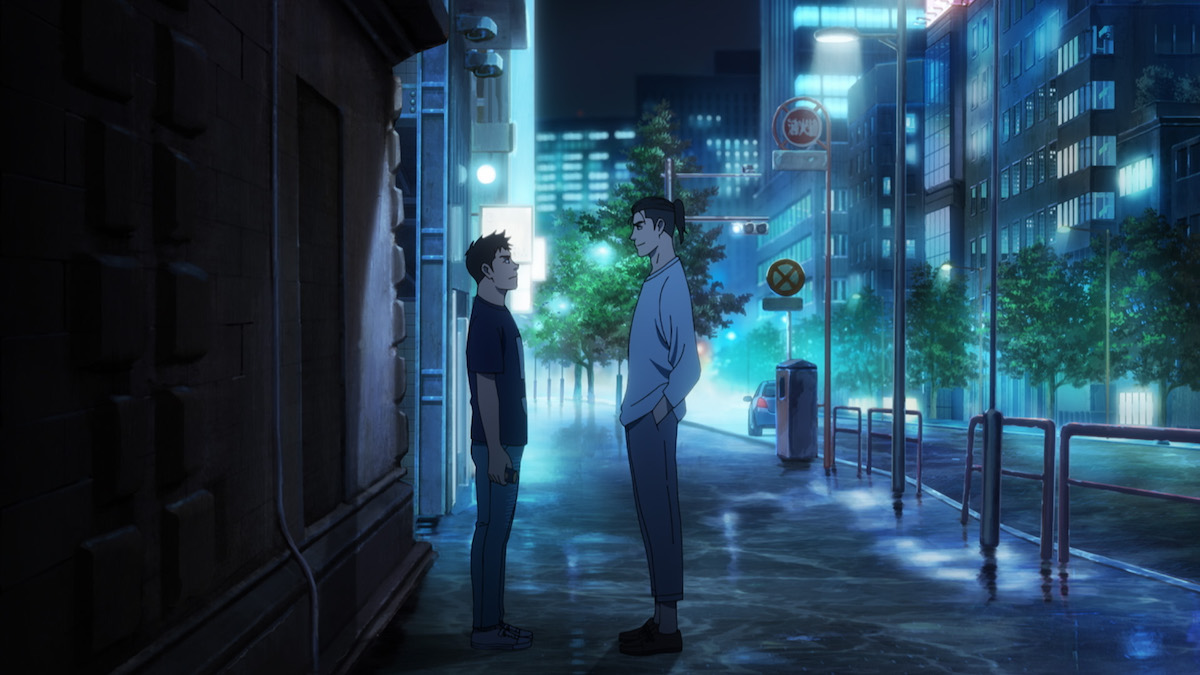
──This novel is said to have “sounds that can be heard.” What did you do to convey the real feeling of jazz to the reader through the novel, which has its own limitations in expression as a medium?
Namba: Having seen many jazz performances over the past ten years, what particularly attracted me to jazz was improvisation. It is a place where sounds are piled up to create melodies improvisationally at a tremendous speed. It is as if players are turning over their internal organs. There were no lies or calculations, only courage, which is moving. So I tried to write it with the same feeling as if I was turning over my internal organs. I tried not to think about anything else and wrote it only with my thoughts, concentrating intensely. The scenes depicting music in this novel have a very particular way of expression, but if that didn’t work, I thought I would think about it later. The book has many live scenes, but that strict editor said to me, “Let’s just go with it” for all the scenes. I was happy that my improvisational style may have worked.
──So you really wrote as if you were playing jazz music, did you?
Namba: Yes, I did. So I don’t really have any particular things with which I struggled, but I struggled with everything. The three months until I finished writing the book were genuinely lonely. I was going back and forth between the feeling of being extraordinarily lonely and the joy of having successfully registered some part of it. I used to let it all out in front of Ishizuka-san, whom I occasionally met during that time (laughs).
──So you put your heart and soul into this novel and gave it everything you had, right?
Namba: Yes, indeed. So I feel that I could write something more than I was capable of. I aimed to create a work that was as good as the manga and the movie, and I think I was able to come close to that. Both the manga and the movie have received excellent reviews, so I hope this novel will reach many people and follow suit. Ultimately, I would be happy if the manga, the movie, and the book could help to boost jazz music, which has given me such wonderful inspiration, even if only a little.
Text & Interview Ryo Takayama

